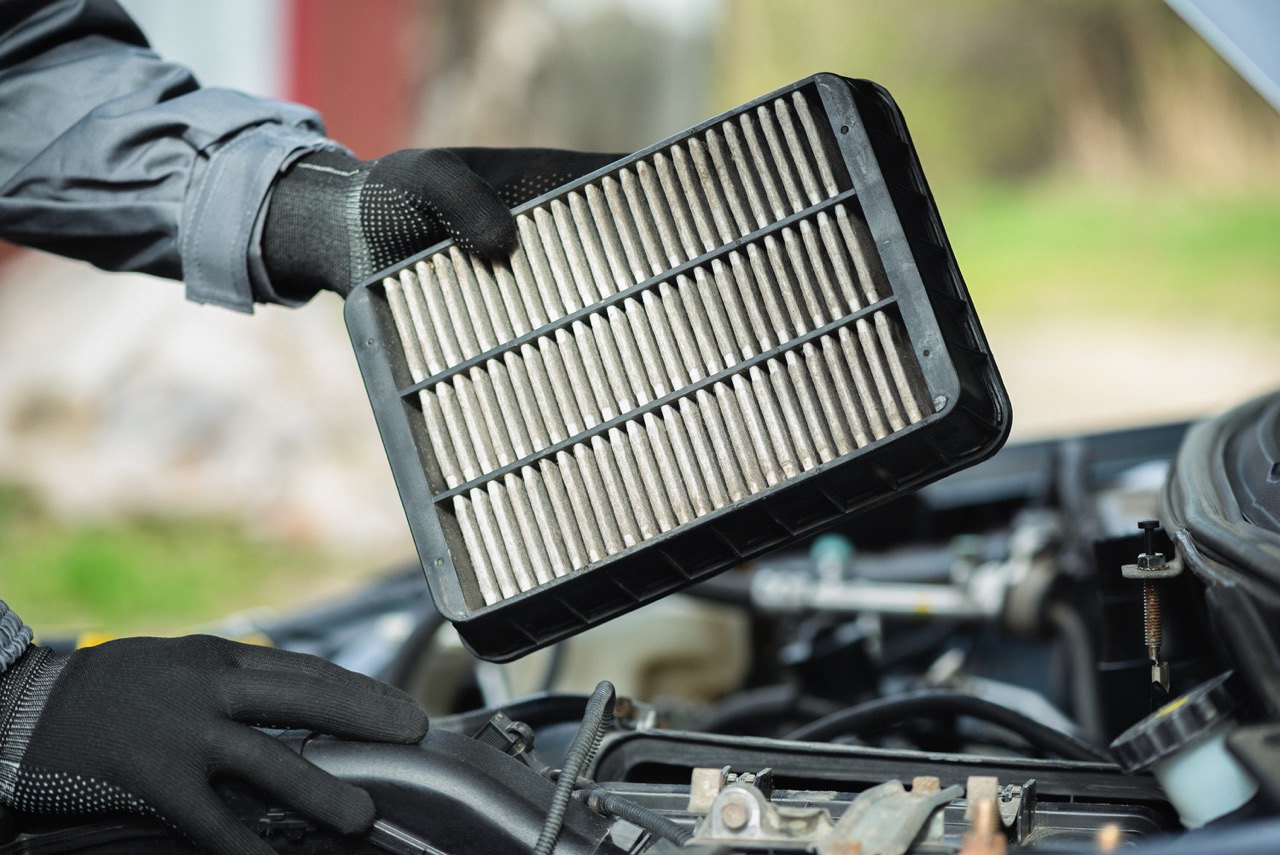
It’s no secret that gas prices have been on the rise in recent years. In order to combat this, many drivers are looking for ways to improve their fuel efficiency. Unfortunately, many of them don’t even know the basics of how their vehicle works, let alone how to make it more efficient. In this blog post, we will discuss some common causes of decreased fuel efficiency and offer some solutions.
Main Causes of Decreasing Fuel Efficiency
Dirty Air Filter
One of the most common causes of decreased fuel efficiency is a dirty air filter. Your vehicle’s air filter is responsible for keeping dust and dirt out of the engine. Over time, it can become clogged with debris, which decreases airflow and makes your engine work harder. This in turn decreases fuel efficiency.
The solution is simple: change your air filter regularly. Depending on your driving habits, you should change it every 30,000 to 50,000 miles.
Inefficient Tires
Another common cause of decreased fuel efficiency is inefficient tires. Tires that are not properly inflated or that are too worn down can increase drag and resistance, which makes your engine work harder and decreases fuel efficiency.
To avoid this, check your tire pressure regularly and replace your tires when they start to show signs of wear.
Dirty Fuel Injectors
Dirty fuel injectors are another common cause of decreased fuel efficiency. Fuel injectors are responsible for delivering fuel to the engine. Over time, they can become clogged with dirt and debris. This can cause the engine to run lean, which means it is not getting enough fuel. This can lead to decreased performance and fuel efficiency.
To clean your fuel injectors, you can use a commercial cleaner or have them professionally cleaned.
Bad Spark Plugs
Bad spark plugs are another common cause of decreased fuel efficiency. Spark plugs are responsible for igniting the air/fuel mixture in the engine. Over time, they can become fouled with carbon deposits. This can cause the engine to misfire, which decreases performance and fuel efficiency.
To avoid this, you should change your spark plugs every 30,000 to 50,000 miles. You may need to change them more often if you drive in dusty or dirty conditions.
Oxygen Sensor
Another common cause of decreased fuel efficiency is a faulty oxygen sensor. The oxygen sensor is responsible for monitoring the air/fuel mixture in the engine. If it is not working properly, it can cause the engine to run rich or lean. This can lead to decreased performance and fuel efficiency.
To fix this, you will need to replace the oxygen sensor.
Clogged Catalytic Converter
A clogged catalytic converter is another common cause of decreased fuel efficiency. The catalytic converter is responsible for converting harmful emissions into harmless gases. Over time, it can become clogged with debris. This can cause the engine to run rich or lean, which decreases performance and fuel efficiency.
To fix this, you will need to have your catalytic converter cleaned or replaced.
In Conclusion
There are many other potential causes of decreased fuel efficiency. If you are experiencing a decrease in fuel efficiency, it is best to take your vehicle to a qualified mechanic for diagnosis and repairs.
At Master Muffler Riverton, we can help you improve your fuel efficiency. We offer a variety of services, including air filter replacement, tire repair, and catalytic converter replacement. Contact our team today to schedule an appointment.
Related Posts
Key Takeaways On average, passenger vehicle tires last 40,000 to 60,000 miles, depending on type, driving habits, and maintenance. Replace tires when tread depth reaches 2/32”, if damaged, or older than 10 years. Regular rotation, alignment, and proper inflation extend tire life. Aggressive driving, poor roads, and harsh weather shorten tire lifespan. Take advantage [...]
When you think about car maintenance, you probably focus on oil changes, tire rotations, and maybe even brake pad replacement. But what about your brake fluid? If you’ve ever wondered, “What does brake fluid do?” or “Why is brake fluid important?”, you’re not alone. Brake fluid might not be the most talked-about part of [...]
Is that high-pitched squeal from your brakes driving you—and everyone else—crazy? Don’t ignore it. Squeaky brakes aren’t just annoying, they’re your car’s way of saying something needs attention. Whether you're cruising through Salt Lake City or winding up Idaho’s mountain passes, here’s what’s likely going on, how you can fix it, and when it [...]





